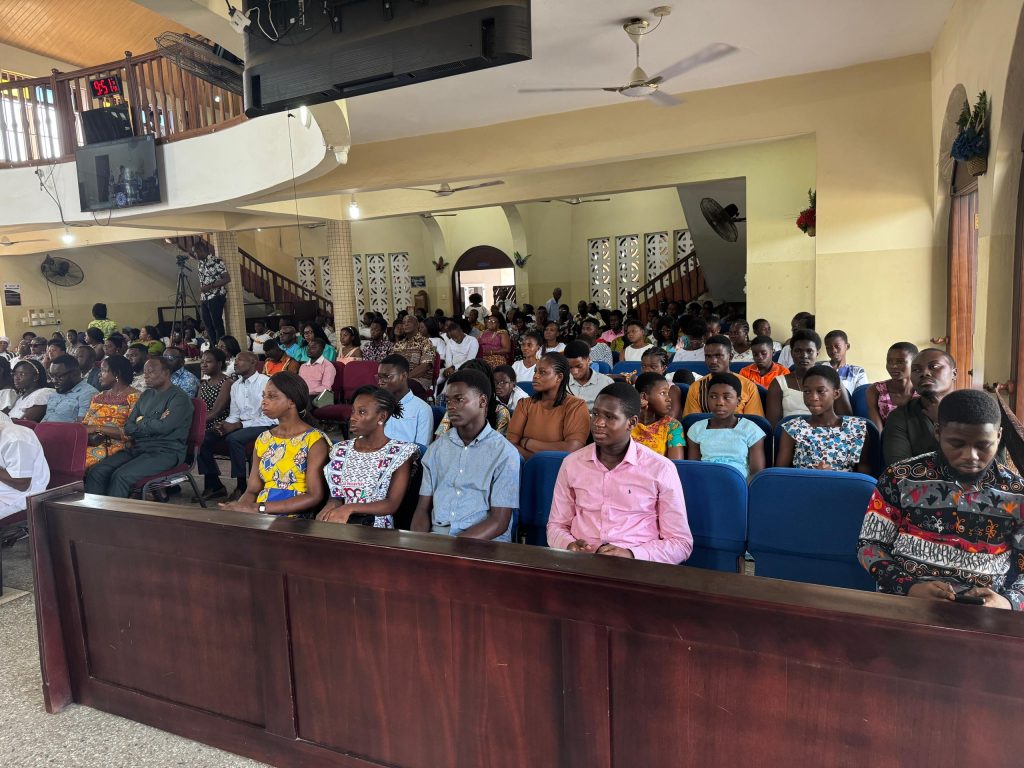By Laudia Sawer
Tema, Dec. 02, GNA – Madam Gifty Agyeiwaa Badu, the Tema Metro Director of the National Commission for Civic Education (NCCE), has encouraged electorates to fully participate in the December 7 general elections for national development.
Madam Badu said voting is a civic right and responsibility enshrined in the 1992 Constitution, which stated that “The sovereignty of Ghana resides in the people of Ghana, in whose name and for whose welfare the powers of government are to be exercised.”
She made the call during an election awareness visit to the Presbyterian Church of Ghana (PCG) Redemption Congregation at Tema Community nine.
She reminded the electorates that they had to delegate their powers through voting to a representative to govern them, stressing that the voting period was the only time for citizens to either retain a seating government or vote for a new leadership.
Further, failure of an electorate to vote, would give the opportunity to others to elect for their preferred choice of leaders therefore, it was very important that all eligible voters who had their names in the register exercised their franchise to help shape Ghana’s democracy.
“Some say they won’t vote, but the constitution says we have the power to elect those to represent us in parliament and govern us. If you want change or to retention, it is about voting; but if you don’t vote, someone will get you a leader you may not like,” she said.
She said the NCCE, which was established by Chapter 19 of the Constitution and an Act of Parliament, as part of its mandate, was educating Ghanaians to be aware of mis and disinformation, vote buying, religious intolerance, and political violence.

Madam Badu reminded the public to verify information before sharing it, to avoid misinforming others, which could have dire consequences.
She also encouraged the electorates to tolerate the views of each other and consider the ideas of political parties to vote for them, instead of basing their decisions on money and gifts received, the religious or ethnic background of the candidate.
Educating the congregation on the right voting process, she reminded them to carry along their voter ID and also ensure that the ballot paper handed over to them was properly stamped before accepting it to vote.
Using a dummy ballot paper, she showed them how to thumbprint and fold the paper, to help reduce the high rate of rejected ballots recorded in previous elections.
GNA